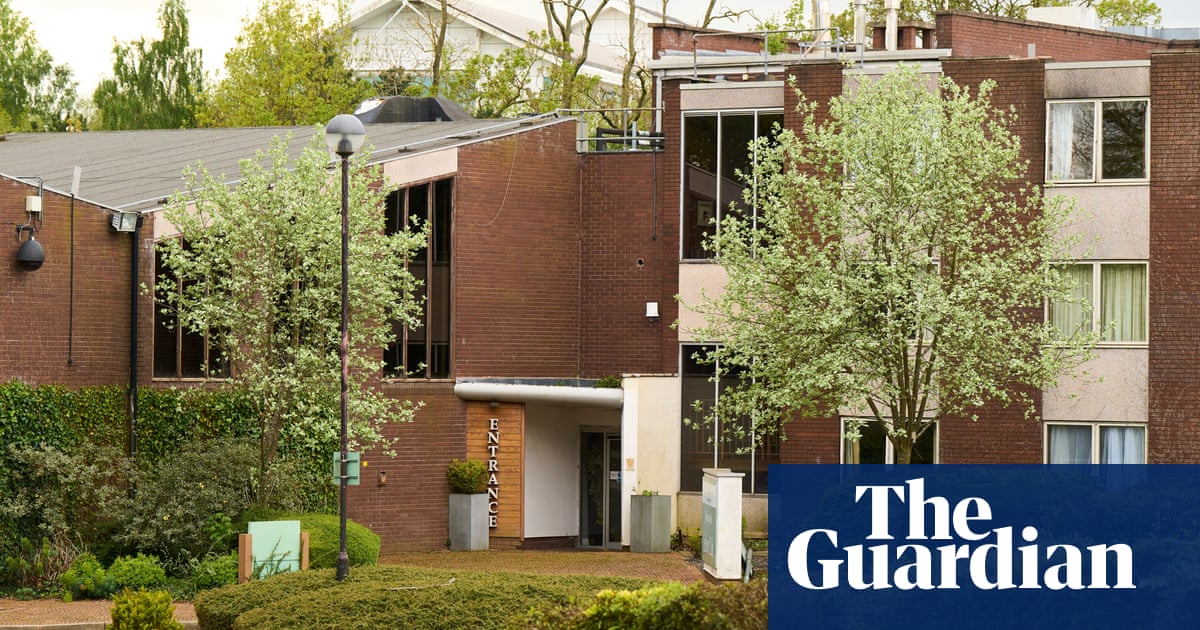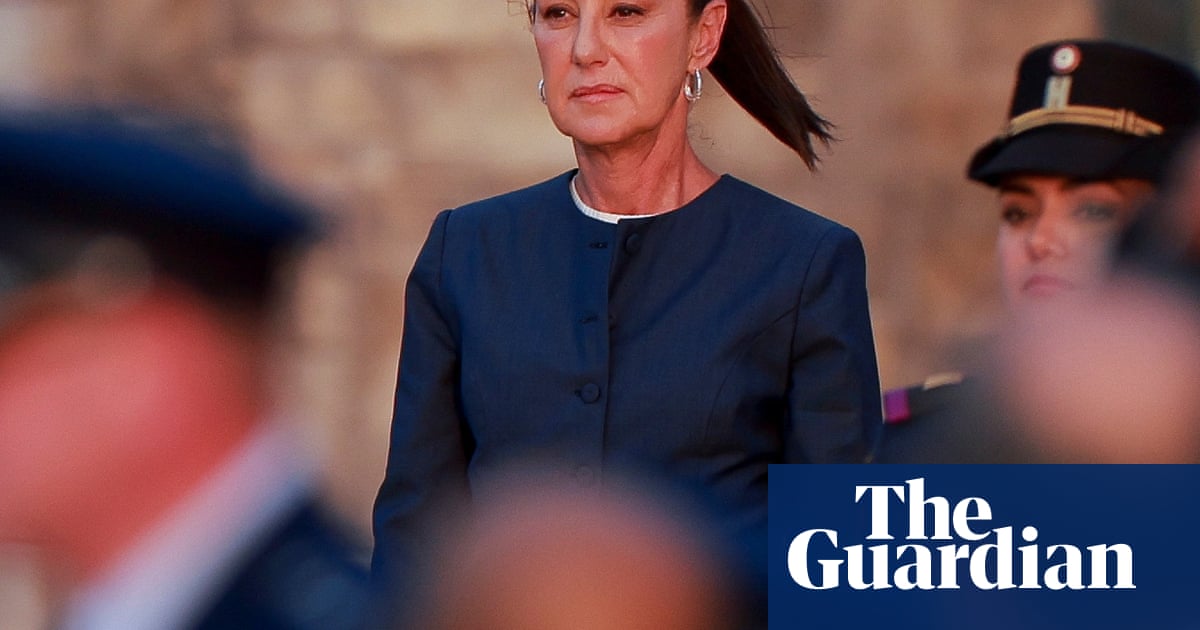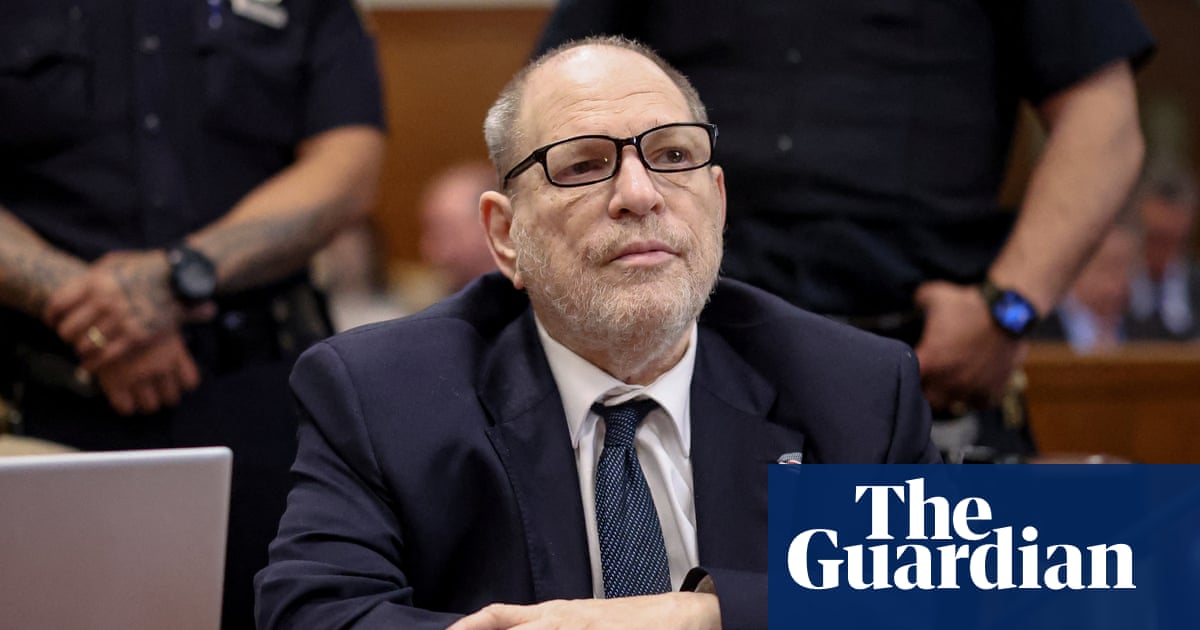When I first saw the Harvard report on antisemitism and anti-Israel bias, I didn’t expect to find myself in it. But I did, albeit without my name, my scholarship, or even my identity as a Jewish Israeli academic being acknowledged.
The report was compiled and published in response to widespread pressure from donors and pro-Israel advocacy groups. It claims to document a crisis of antisemitism on campus. But what it actually reveals is Harvard’s willingness to redefine Jewish identity in narrow, ideological terms: to exclude and erase Jews who dissent from Zionism.
I know this because I am one of them. For several years, I taught in the Religion, Conflict, and Peace Initiative (RCPI) at Harvard Divinity School. Our program approached peacebuilding through deep engagement with histories of structural violence and power, with Palestine/Israel as our central case study. Our students read widely, traveled to the region, and met with a range of voices – including Jewish Israeli veterans from Breaking the Silence, Palestinian artists resisting cultural erasure, and Mizrahi and Ethiopian Jewish activists challenging racism within Israeli society.
It was, by design, intellectually and politically challenging. It exposed students to the complexity of the region and the diverse, often conflicting, ways Jews and Palestinians narrate their pasts and imagine their futures.
But according to the authors of Harvard’s report, this was not legitimate scholarship nor responsible pedagogy; it was, essentially, simply antisemitic ideological indoctrination.
How the report supposedly arrives at and justifies such characterizations of our program illustrates how slanderous distortions are routinely deployed to suppress the arguments and identities of ‘the wrong kind’ of Jews. The report quotes from public events we hosted as part of RCPI, including a webinar on my book about American Jewish activists who engage in Palestinian solidarity work because of—not in spite of—their Jewish identity. Rabbi Brant Rosen, a Reconstructionist rabbi and founder of Tzedek Chicago, and Dr Sara Roy, a distinguished scholar of Palestine and daughter of Holocaust survivors, offered thoughtful responses.
Yet the report reduced that event to a vague description of “one speaker” praising “Jewish pro-Palestinian activists,” ignoring that the speaker was me—a Jewish Israeli professor—and that my interlocutors were also Jewish. Rosen’s reflections on his disillusionment with Zionism were dismissed as a “conversion narrative,” as if spiritual or ethical evolution were evidence of antisemitism.
In another webinar I moderated, Rosen and the Jewish scholar Daniel Boyarin debated the place of Zionism in synagogue liturgy. Boyarin disagreed with Rosen’s liturgical revisions but affirmed their shared ethical commitments. The report cherry-picked Boyarin’s comment—“I am deeply in sympathy with your political and ethical positions”—to suggest the event lacked “viewpoint diversity.” The irony is hard to miss: a conversation between three Jews, from very different traditions, becomes evidence not of diversity, but of its absence.
This selective framing is neither accidental nor a one-off act of malice. It reflects a broader pattern: Harvard’s decision in January of this year to adopt the International Holocaust Remembrance Alliance (IHRA) definition of antisemitism, which conflates criticism of Israeli policies with antisemitism itself. In doing so, the university has not only taken steps to further suppress important political and ethical speech that confronts the reality of Israeli violence against Palestinians; it also effectively embraced a political litmus test for who counts as a legitimate Jew on campus.
It’s clear that I’m the ‘wrong kind of Jew’ at Harvard. At each juncture, my academic and political commitments placed me outside the bounds of acceptability. I was too critical, too engaged, too willing to challenge dominant narratives. And I am far from the only one.
The report goes further still. It dismisses not only the work, identities, and experiences of faculty and scholars but also the experiences of our Jewish students, including those who participated in our course’s study trip to Palestine/Israel. One Jewish student described the experience as “formative, painful, and powerful,” recounting the ways Israeli apartheid undermines not just politics but the very possibility of cultural life for Palestinians. The report presents this reflection not as evidence of learning, but as proof of indoctrination.
The implication is clear: Jewish students who come to critical conclusions about Israel are not independent thinkers. They’ve been misled. Manipulated. Infantilized.
Ironically, this is itself an antisemitic trope: that Jews cannot think for themselves unless they conform to a sanctioned ideology.
The report also erases the rich diversity of Jewish voices we brought into our classrooms. It claims our program focused on “non-mainstream Jewish perspectives,” dismissing people like Noam Shuster Eliassi, a Mizrahi Jewish Israeli comedian whose work was supported by our fellowship program and is now featured at the Sundance Film Festival. It ignores events that engaged deeply with Mizrahi and Ethiopian Jewish experiences, including our commemoration of the Israeli Black Panthers’ Passover Haggadah—a powerful symbol of anti-racist struggle in Israeli history.
And it entirely omits our programming on antisemitism itself, including a discussion of alternative definitions of antisemitism like the Jerusalem Declaration, which, unlike IHRA, carefully distinguishes between criticism of Israel and hatred of Jews.
In short, Harvard’s report does not just mischaracterize a program. It attempts to redraw the boundaries of Jewish legitimacy.
It sends a chilling message to students and faculty: if you are a Jew who questions Zionism, you are suspect. If you engage in solidarity with Palestinians, you do not belong. If your scholarship complicates the tidy moral narrative of a beleaguered Israel, you are not just unwelcome—you are dangerous.
This is not a defense of Jewish safety. It is an effort to police Jewish dissent.
But I refuse to be policed. I will continue to teach, write, and organize alongside Jews and Palestinians fighting for freedom, justice, and dignity. I will continue to challenge institutions that claim to defend against antisemitism while perpetuating other forms of racism and repression.
And I will do so not despite being a Jew, but because I am one.
-
Atalia Omer is professor of religion, conflict, and peace studies in the Keough School of Global Affairs at the University of Notre Dame. She is a core faculty member of the Keough School’s Kroc Institute for International Peace Studies.

 8 hours ago
9
8 hours ago
9













































